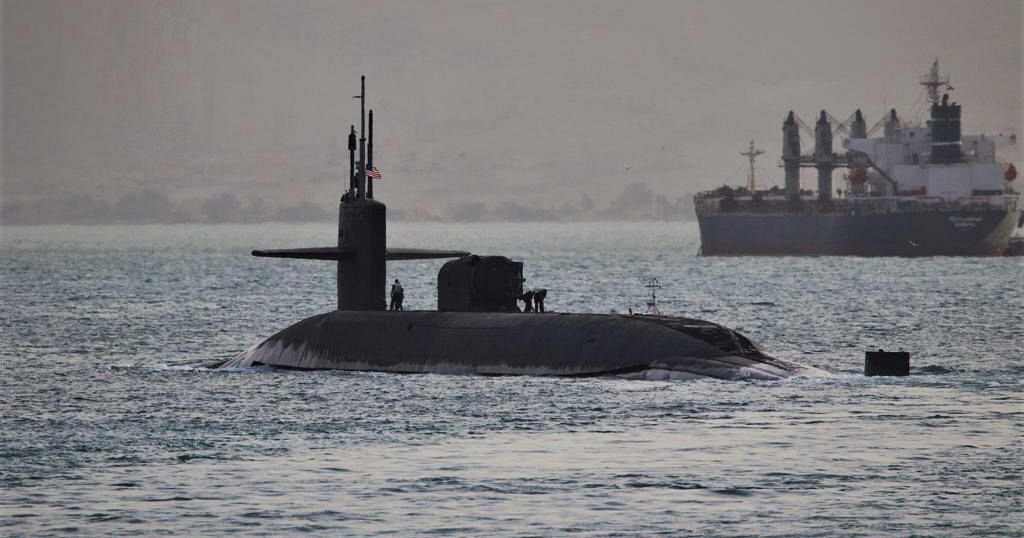Tensions between the United States and Russia escalated sharply Friday after former U.S. President Donald Trump declared he had ordered the repositioning of two nuclear submarines in response to remarks from Russian Security Council Deputy Chairman Dmitry Medvedev. The exchange, unfolding on Trump’s social media platform Truth Social—blocked in Russia—highlighted how personal animosities and online rhetoric are increasingly shaping global diplomacy.
Trump described Medvedev’s comments as “highly provocative,” warning that “words carry significant weight and can often result in unforeseen consequences.” He emphasized a desire to prevent further escalation, though specifics about the submarine deployment remain unclear. Analysts note U.S. nuclear submarines already patrol strategic global waters, raising questions about whether the announcement signals a tangible shift or a symbolic gesture.
Medvedev, a former Russian president once regarded as a reformer, has adopted an increasingly belligerent stance since Moscow’s 2022 invasion of Ukraine. Responding to Trump’s threats, he sarcastically alluded to the U.S. leader’s affinity for zombie films, writing, “He should recall his favorite films about ‘the walking dead’… and the potential dangers posed by the legendary ‘Dead Hand.’” The latter reference, invoking Russia’s Cold War-era nuclear fail-safe system, underscored the gravity of the rhetoric.
The confrontation coincides with delicate diplomatic efforts. Trump has dispatched special envoy Steve Witkoff to Moscow to pressure Russia into agreeing to a Ukraine ceasefire, accompanied by threats of tightened sanctions if no progress is made within a tightened 10-day window—down from an initial 50 days. The truncated timeline adds urgency to discussions already strained by mutual distrust.
Observers suggest Medvedev’s combative tone—marked by regular nuclear threats and ridicule of Western leaders—reflects an effort to consolidate support among Russian President Vladimir Putin’s inner circle and military factions. Once perceived as a moderate during his 2008–2012 presidency, his pivot to hawkish rhetoric has become a defining feature of his current role. This shift was evident earlier this month when he mocked Trump’s demands, writing, “The world trembled, anticipating the fallout. Aggressive Europe was let down. Russia remained unfazed.”
The online sparring between the two figures is not unprecedented but carries heightened risks amid ongoing battlefield stalemates in Ukraine and concerns over broader conflict. Medvedev has repeatedly framed U.S. policies as self-defeating, asserting that Trump’s approach risks provoking “conflict not with Ukraine but with his own nation.”
As diplomatic deadlines approach, the interplay between social media posturing and tangible policy moves remains fraught. The repositioning of submarines, even if largely symbolic, underscores how digital exchanges between leaders can amplify geopolitical volatility. With envoys negotiating behind closed doors and deadlines looming, the stakes for both de-escalation and miscalculation continue to rise.
